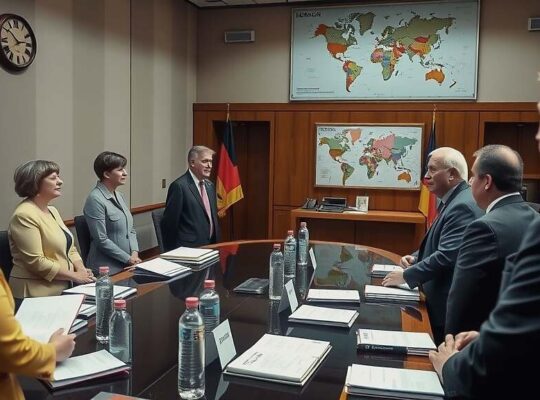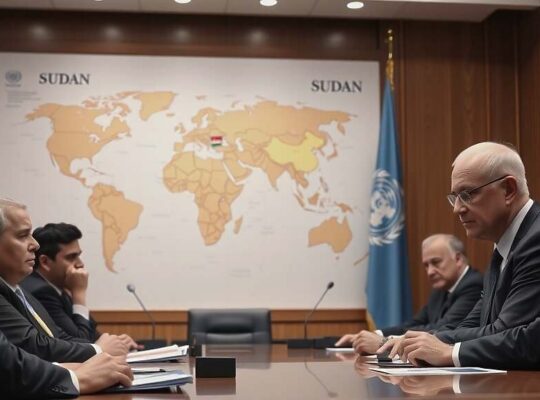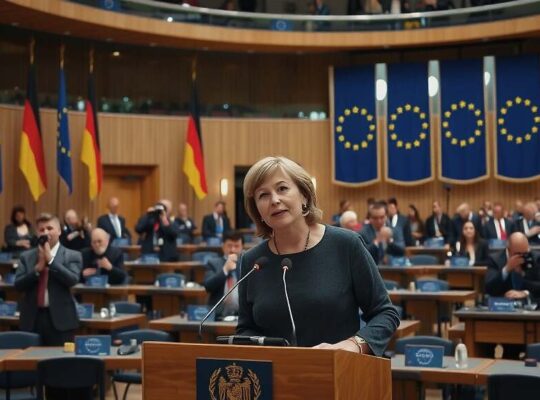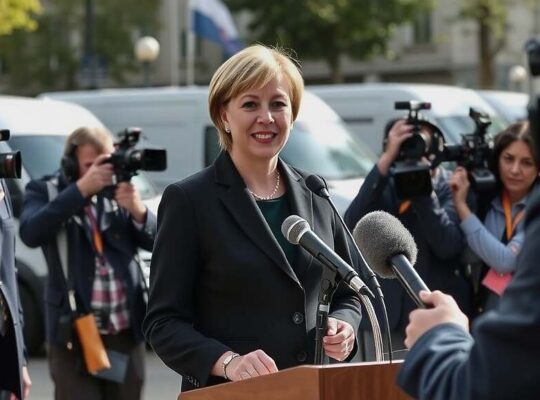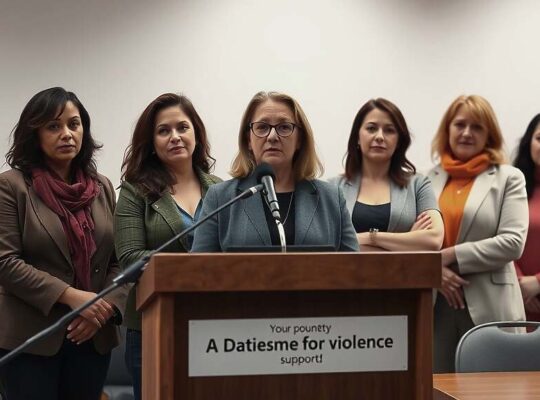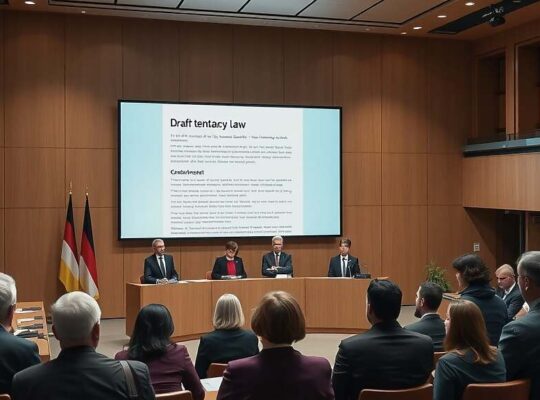A growing rift has emerged between the German federal government and state education ministers over proposals to integrate crisis preparedness and disaster response training into school curricula. Interior Minister Alexander Dobrindt of the CSU party recently suggested dedicating a double-period each year to discussing threat scenarios and protective measures with older students, citing children’s potential to disseminate information within families. This initiative, intended to bolster the nation’s civil defense capabilities, has been met with sharp criticism from state-level education officials.
Simone Oldenburg, president of the Standing Conference of Ministers of Education and Cultural Affairs (“KMK”) and Mecklenburg-Vorpommern’s Minister of Education, strongly rebuked Dobrindt’s proposal, asserting that education ministers should not be viewed as a “safety net” for governmental shortcomings. “The federal government bears the responsibility for developing a comprehensive strategy for the civil protection of the population” Oldenburg stated, underscoring that schools are ill-equipped and inadequately resourced to assume this expanded role.
Critics argue that Dobrindt’s plan demonstrates a lack of understanding regarding the existing responsibilities of schools and the workload faced by teachers. Simply mandating extra classes, they contend, is an insufficient and irresponsible response to complex societal challenges. Oldenburg specifically voiced concerns that the initiative prioritizes children prematurely, emphasizing that initial efforts should focus on educating and informing adults.
While acknowledging that discussions about war and its consequences are already embedded within subjects like politics and history, Oldenburg insists that effective crisis preparedness training requires the federal government – specifically the Federal Office for Civil Protection and Disaster Assistance – to provide age-appropriate and suitable pedagogical resources for teachers to utilize. The current lack of such materials raises serious questions about the practicality and potential for misguided messaging within Dobrindt’s proposed initiative.
The dispute highlights a broader tension in Germany’s approach to national security. While the proposal’s aim to enhance societal resilience is laudable, the method of implementation and the burden placed on the education system, are now facing significant political and pedagogical scrutiny. Observers are keenly watching to see whether Dobrindt’s push for crisis preparedness in schools will be scaled back or modified in the wake of this public disagreement among government officials.




